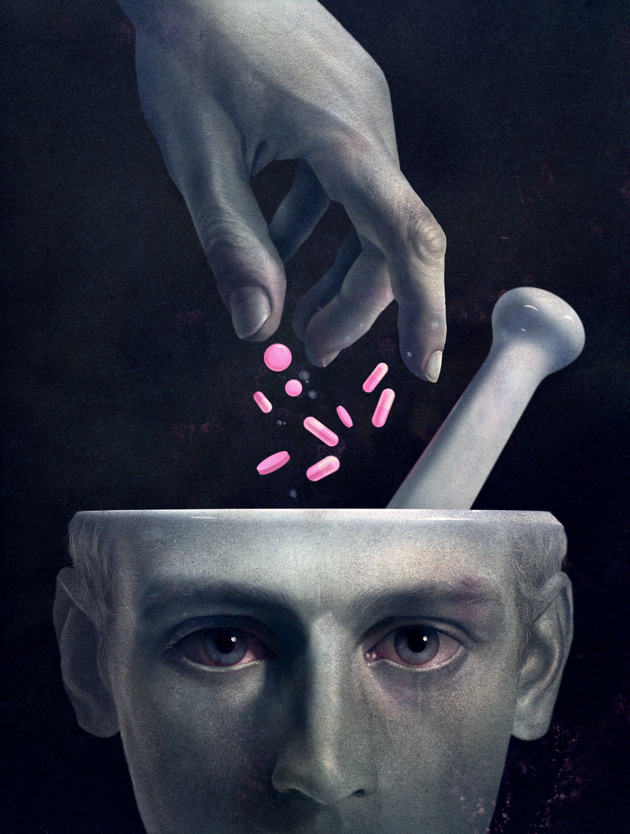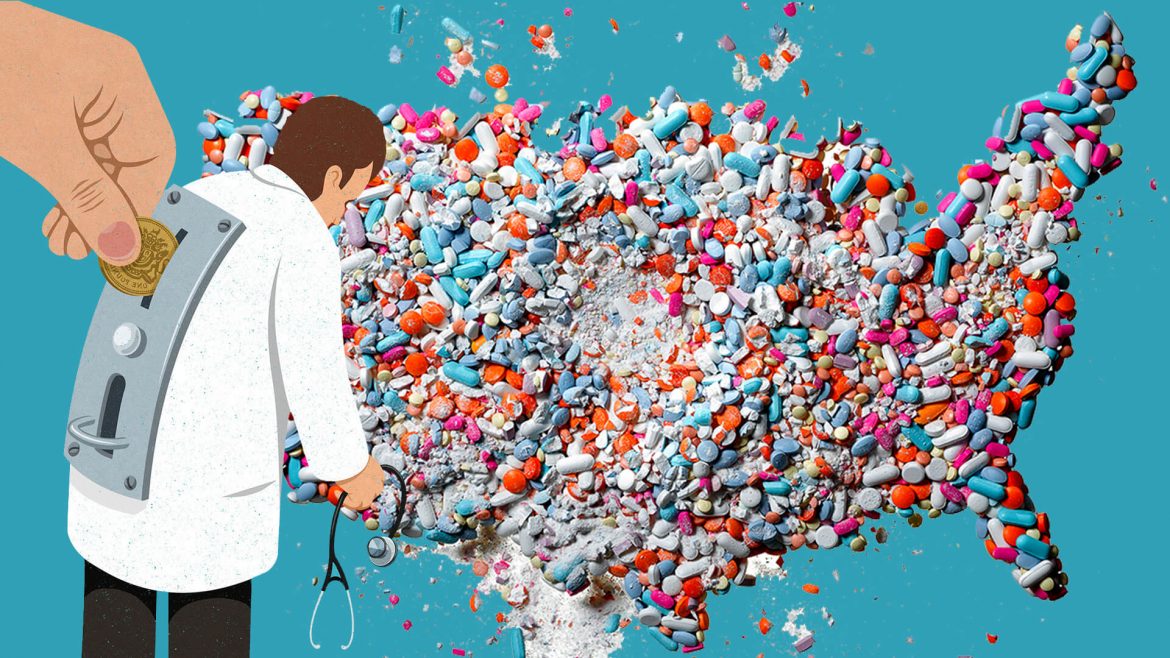A philosopher is a person who has a low threshold for contradictions and unexamined premises. Speaking of the latter, here’s an example of a ‘given’ that isn’t a given at all: “Psychological discoveries continue to sharpen and refine our understanding of human suffering and of the human condition more broadly.”
Has Western psychology deceased or increased the suffering of people, and has it enhanced or detracted from “the human condition more broadly?” I feel it has in fact increased suffering, and detracted from the human condition.
An example of how psychologists insult people’s intelligence by separating psychology from any responsibility for the parlous condition of the culture is found in recent op-ed in the Washington Post, entitled “Five Myths About Psychology.”

“Drug companies besiege consumers with the message that ‘chemical imbalances’ are the ultimate drivers of mental illness — and that they must be fixed with their pills.” And where did they get that idea?
Anecdotal evidence is not scientific, but it can be compelling. When I was a young man, people didn’t talk about depression (which is still often stigmatized). Now Big Pharma advertizes the latest anti-depressants incessantly on TV. No one seems to be asking why that’s so, either culturally or medically.
Was there less depression some decades ago, or was it more hidden from view? Undoubtedly both, but the first reason is greater. Society is much sicker, but the focus is even more on the individual.
Indeed, psychology’s overwhelming focus on the individual would be malpractice in a culture half as sick as American culture is. It’s wrong for the individual to blame society for his or her ills, but it’s even more wrong to blame the individual for society’s ills.
In a dead culture, the vast majority of people adapt by ‘numbing out,’ and becoming inwardly dead themselves. Go along to get along. The problem is that if you cut yourself off from feeling bad, you cut yourself off from feeling anything.
Depression can therefore be either reactive or adaptive. Having grown up in a dysfunctional family (I used to think all families were like mine, but now I know that some families don’t scapegoat some members, but actually all care for each other), I lost much of my 20’s to severe depression.
I went to a couple of counselors, but none spotted the depression. Describing my symptoms over the phone to a psychiatrist, he said, “You’re clinically depressed, and need to be on anti-depressants.” That was 1980, before the pandemic of depression hit America.
I acknowledged the fact, researched the illness, and decided to see if I could end my cycle before getting on drugs. So I ended self-blame, kept a careful record of my cycle, and began meditating and exercising consistently. I still get down, but I haven’t had an incapacitating depression in 27 years.
I feel anti-depressants have their place, but they should be used as a last resort. Over the last 20 years however, they’ve become a first resort. Psychology, medicine and pharma are to blame for that.
To say that drug company profits have driven the use of anti-depressants is to beg the question. Why would a minimally healthy society and minimally responsible government allow drug company profits to drive the diagnosis and prescription of these powerful, brain-altering drugs?
We can trace a line from the answers to that question to the opioid crisis, which has killed thousands of Americans after being pushed and peddled by Big Pharma. Something is finally being done about that, but it’s still too little too late. And it doesn’t begin to address the suffering and misery that permeate this culture, which cause people to be legally medicated, and to legally and illegally self-medicate.

I sympathize with the legions of depressed people in America today, and often spot the look of depression in someone’s face, even children’s faces now! Millions have numbed out and emotionally flatlined, without going on anti-depressants.
Again, anti-depressants have their place. Just not the destructive first place that an unholy alliance between psychology, medicine and drug companies have given them.
Finally, psychology ‘psychologizes’ evil. Though it would seem to do so by definition, it is actually out of slavishly following the scientific model and remaining blind to a culture saturated with narcissism and lies, exemplified by the lying narcissist America has manifested as president.
Psychology can and must abandon its scientific pretensions, deepen its understanding of the human condition, and seek a non-theological understanding of evil. That first requires an adequate philosophy of evil, which I have worked to provide through this column.
Psychology would be well served to partner with sociology and begin asking some hard questions. Perhaps then it won’t be so inclined to treat symptoms, and so complicit in drugging the populace into consumeristic complacency.
Martin LeFevre

